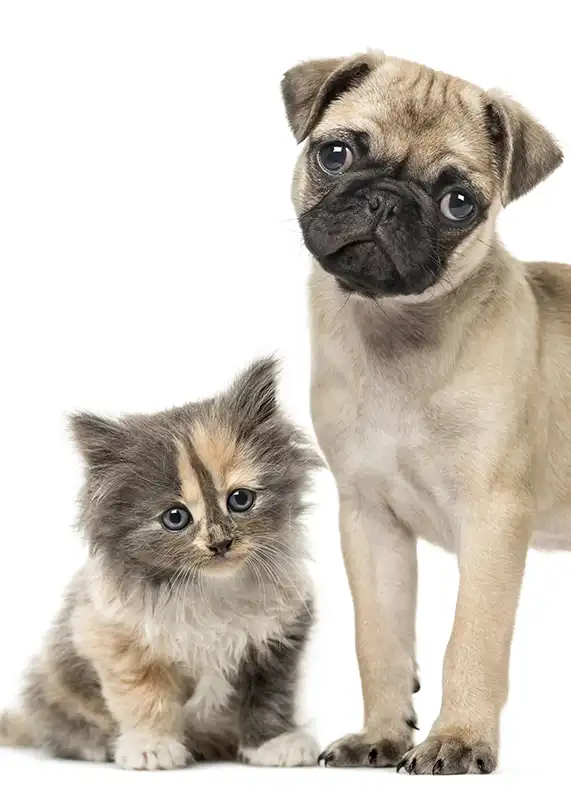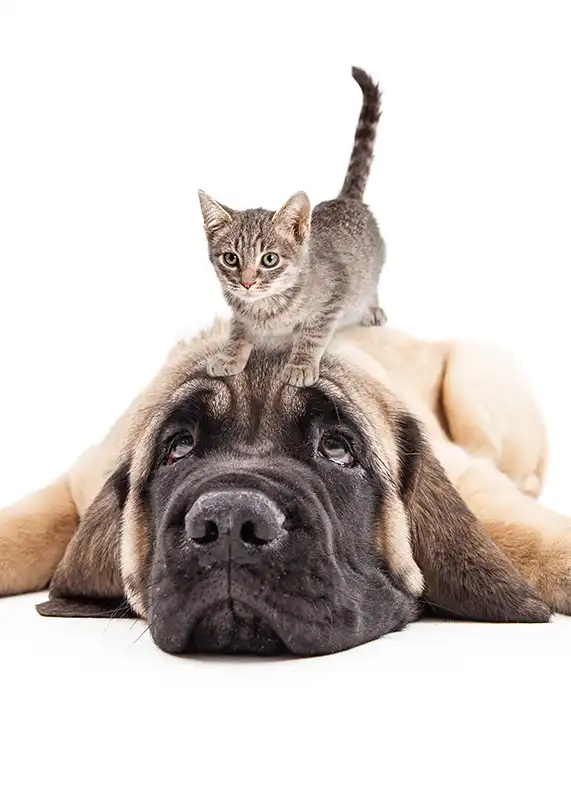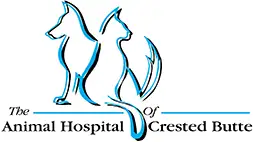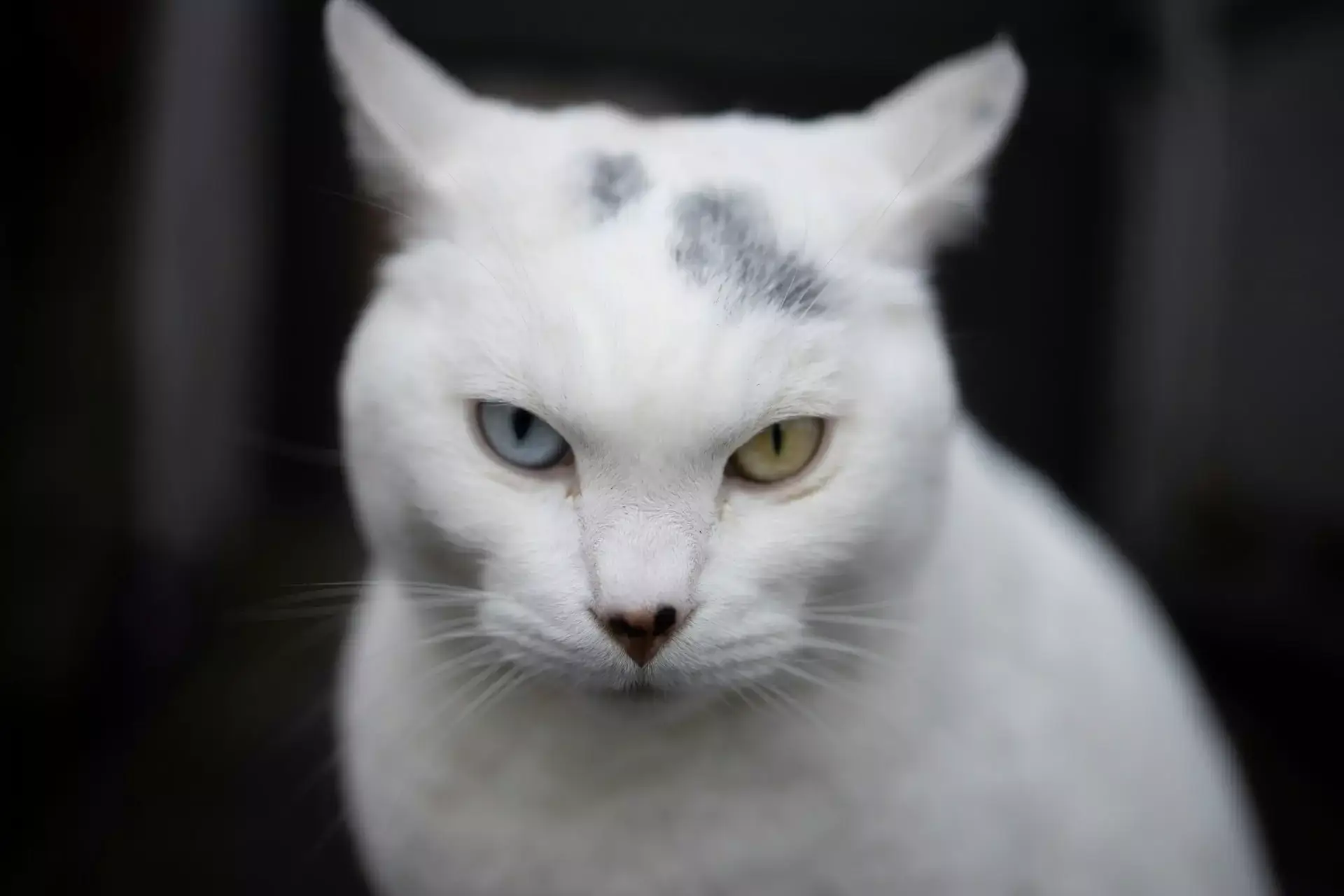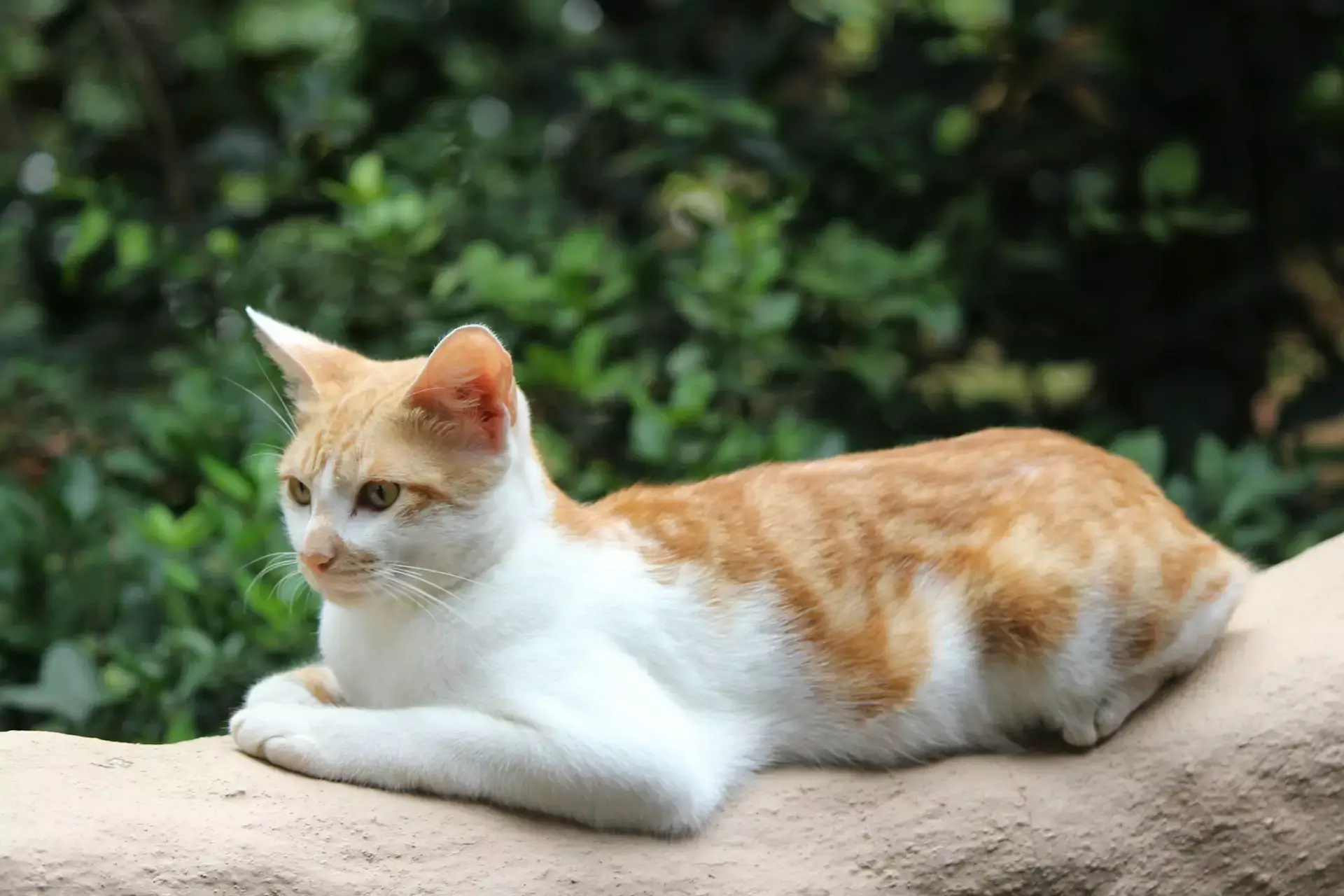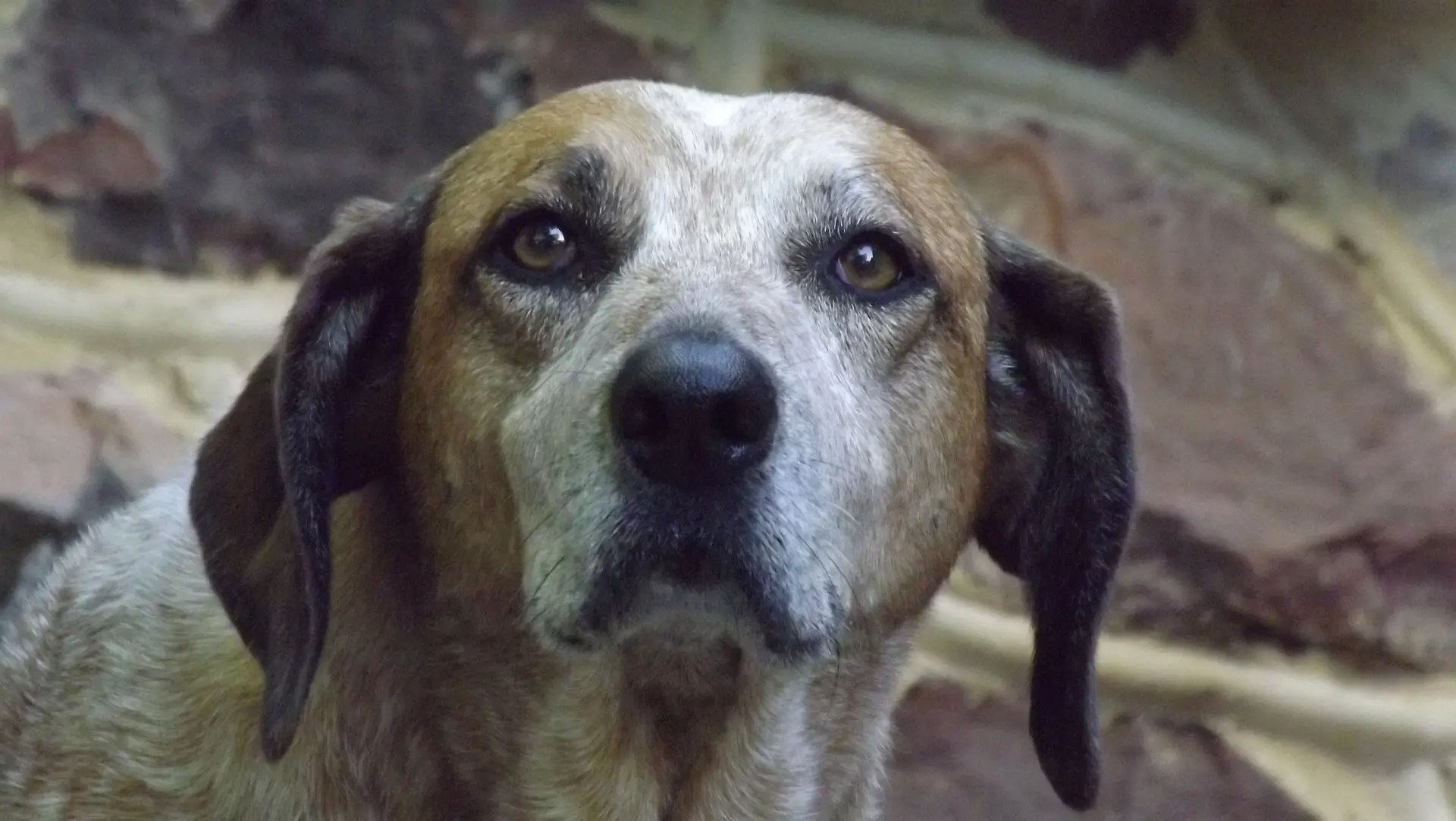Is it really Thanksgiving yet? Hard to believe that 2024 is winding down. Pets are undoubtedly at the top of the list of things for which we are thankful. They provide us with unconditional love, unwavering support, and dedication, as well as comfort, friendship, and never-ending cuddling. They also make us laugh with their adorable characteristics and amusing antics. However, pet owners should be aware of a few concerns related with Thanksgiving. Read on for some Thanksgiving pet safety recommendations from a Gunnison County veterinarian.
What Types of Meat Can Pets Eat?
Give your pet some of that delicious turkey! Meat, fish, and fowl are generally safe as long as they have been well cooked. However, there are a few caveats.
- Never give your pet meat on the bone. When heated, bones become exceedingly delicate and can fracture into sharp shards. These are choking hazards and can cause serious internal harm if swallowed.
- Organ meats, such as liver, should be consumed sparingly, as too much might cause Vitamin A toxicity.
- Fatty meals, like bacon and sausage, should only be served on occasion.
- You should also avoid giving pets anything seasoned with fatty toppings, such as cheese and butter. Things seasoned with garlic, onion, or other unsafe foods are also a no.
Ask your Gunnison County vet for more information.
What Fruits and Vegetables Are Safe for Pets?
Fido and Fluffy can eat a variety of fruits and veggies. In fact, these foods are just as healthy for dogs and cats as it is for people!
Remove any seeds, pips, or rinds. You should also keep an eye on the size of the goods, as it may need to be sliced before shipping.
Some foods, like broccoli and cauliflower, should only be served on special occasions. Consult your Gunnison County veterinarian for specific suggestions.
- Apple
- Apricots
- Asparagus
- Bananas
- Beets
- Bell Pepper
- Blackberry
- Blueberries
- Broccoli
- Brussels sprouts
- Cabbage
- Cantaloupe
- Carrots
- Cauliflower
- Celery
- Corn
- Cucumber
- Green beans
- Cranberries
- Kale
- Lettuce
- Mango
- Peaches
- Pears
- Peas
- Pineapple
- Oranges
- Pumpkin
- Raspberry
- Spinach
- Squash
- Sweet potatoes
- Watermelon
- Zucchini
Ask your vet for more information.
What Foods Aren’t Safe for Pets?
Many things that are beneficial for humans are actually bad for our pets.Here are some items you should never feed to your pet:
Xylitol: Xylitol, sometimes known as birch sugar, is a sugar substitute that is extremely harmful to dogs. Unfortunately, it is added to a variety of processed foods, particularly baked goods. It is also occasionally added to peanut butter, which is generally safe for your pet to consume.
Onions and Garlic: The entire Allium family is toxic to pets. This group includes scallions, shallots, leeks, chives, garlic, and onion. The problem is that these meals contain organosulphoxides, which destroy red blood cells and can cause anemia.
Grapes, Currants, Raisins: These little fruits are very toxic to dogs. Even consuming one grape can can lead to kidney failure in some pets! Though further examination is required, experts have found the cause: tartaric acid.
Cherries: The concern stems from the presence of arsenic in cherry pits. Many cherry are also marinated in sweet sauces, which contain more sugar than our pets should consume. Avoid the cherries totally.
Nuts: Many nuts, especially macadamia nuts, can make your pet quite unwell. Consumption can result in weakness, tremors, vomiting, depression, or hypothermia.
Corn on the Cob: While corn kernels are acceptable, the cob is not safe for pets to consume. Consuming this can cause serious and potentially fatal intestinal blockages.
Cocoa: Chocolate includes methylxanthine, which is harmful to pets. If ingested, it can lead to vomiting, abnormal heartbeat, and seizures. Unfortunately, just one ounce per pound of your pet’s body weight can be fatal.
Alcohol, of course, is on the list. There are more things that, while not as damaging as the ones named, are still dangerous. Many casseroles, for example, include significant levels of fat, cream, and cheese that are toxic to pets.
Dogs are slightly more vulnerable since they will consume nearly everything, whereas cats are more choosy. (Actually, Fluffy can be quite picky, but that’s another story.) Some cats, however, will eat anything they can get their paws on.
As a general rule, don’t give your pet anything until you’ve thoroughly investigated its safety.
For specific recommendations, consult with your veterinarian.
Schedule An Appointment At Our Gunnison County Animal Hospital
Happy Thanksgiving to everyone! We wish you and your families a nice day. We are incredibly grateful to all of you. Please do not hesitate to contact us if you have any questions concerning your pet’s care. As your Gunnison County animal clinic, we are always here to help!

